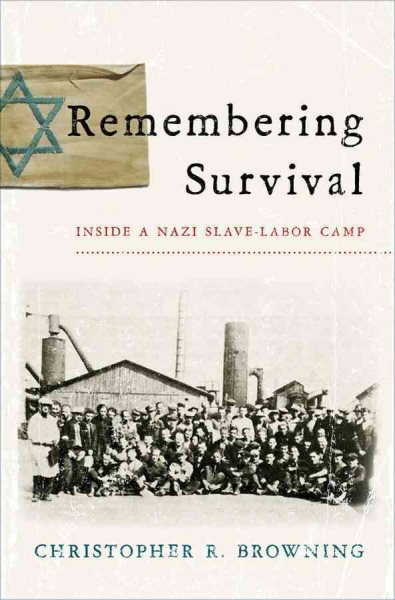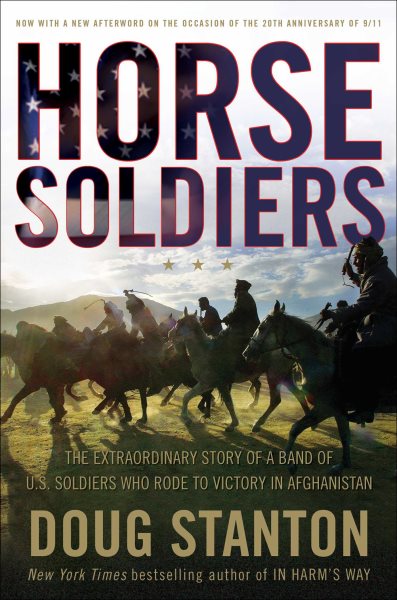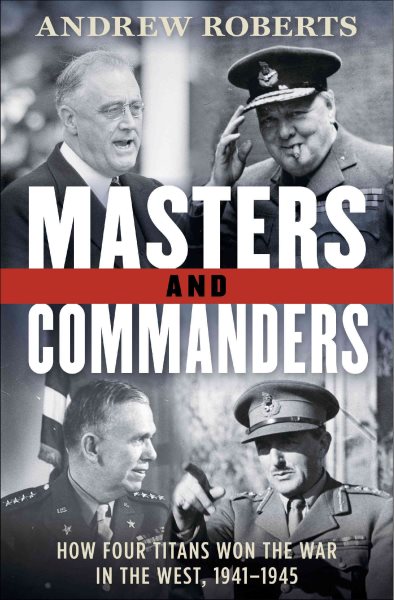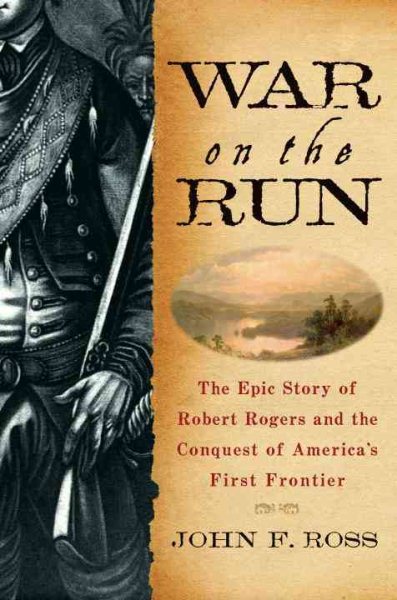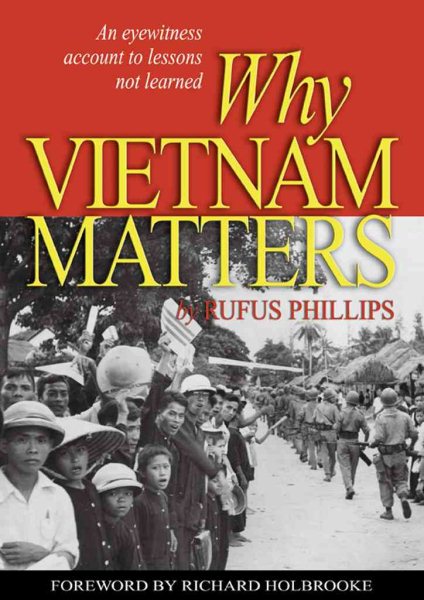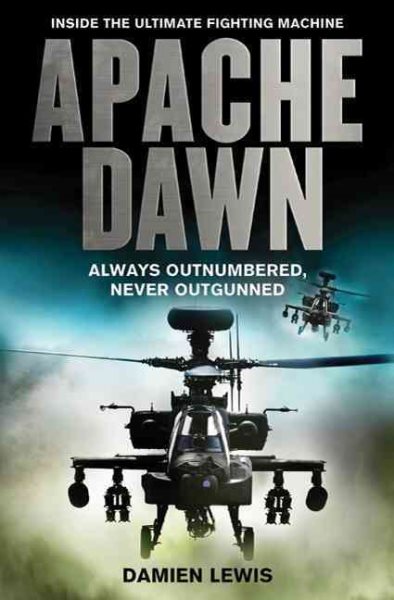 By Anne SalmondAphrodite's Island
By Anne SalmondAphrodite's Island is a bold new account of the European discovery of Tahiti, the Pacific island of mythic status that has figured so powerfully in European imaginings about sexuality, the exotic, and the nobility or bestiality of "savages." In this groundbreaking book, Anne Salmond takes readers to the center of the shared history to furnish rich insights into Tahitian perceptions of the visitors while illuminating the full extent of European fascination with Tahiti. As she discerns the impact and meaning of the European effect on the islands, she demonstrates how, during the early contact period, the mythologies of Europe and Tahiti intersected and became entwined. Drawing on Tahitian oral histories, European manuscripts and artworks, collections of Tahitian artifacts, and illustrated with contemporary sketches, paintings, and engravings from the voyages,
Aphrodite's Island provides a vivid account of the Europeans' Tahitian adventures. At the same time, the book's compelling insights into Tahitian life significantly change the way we view the history of this small island during a period when it became a crossroads for Europe.
(Check Catalog)
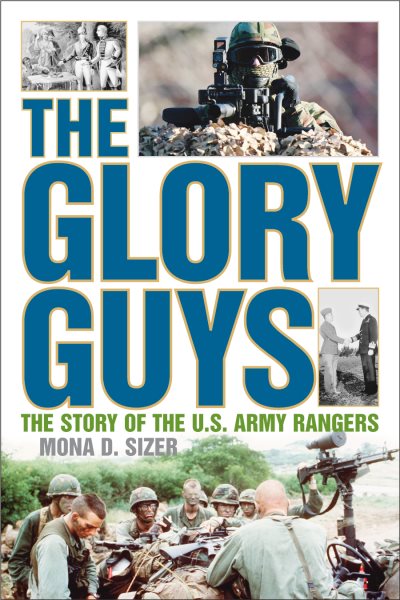 By Mona D. Sizer
By Mona D. Sizer

